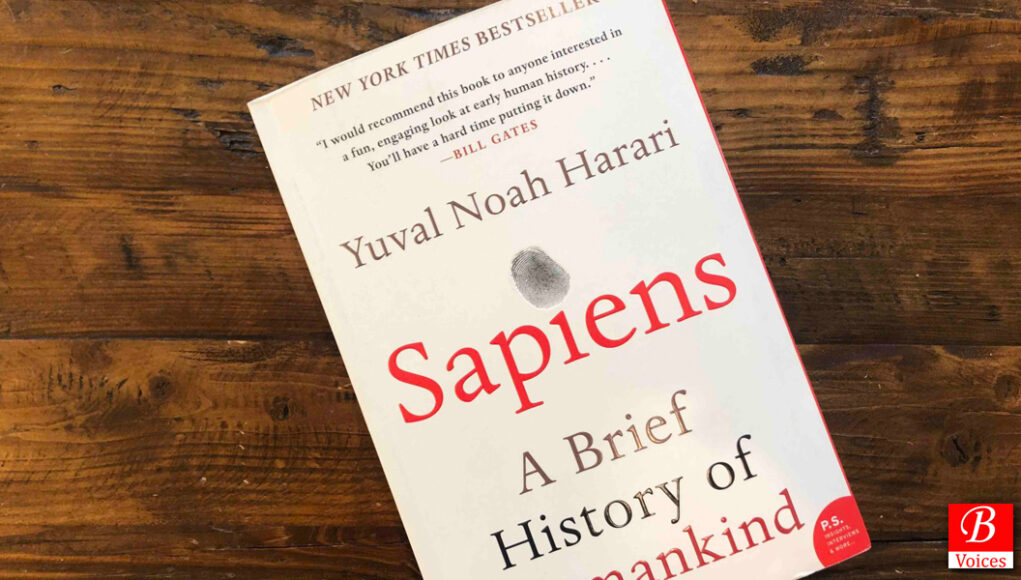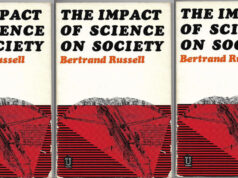Zubair Bajoi
Recently, I picked a book to read due to its intriguing title, was “Sapiens”. As a student with a background in the pre-medical field, I was captivated by its title. Yuval Noah Harari, Israel-based historian and professor in the History Department at the Hebrew University of Jerusalem, is the author of the book.
In Sapiens, the reader is taken on a captivating journey throughout the entire span of human history, from the origins of our evolution to the present day of capitalism and genetic engineering, to gain an understanding of why we are the way we are. Sapiens delve into the influential processes that formed humans and the environment they live in, like the emergence of farming, the invention of currency, the proliferation of religion, and the ascendancy of the nation-state.
In order to gain a thorough understanding of humanity, Sapiens takes an unprecedented, interdisciplinary method that links together history, biology, philosophy, and economics. It provides a comprehensive view of the past and present by considering both the big picture and the individual experience.
Personally, I appreciate how he elucidates the evolutionary background of Homo Sapiens, the emergence of farming, and the scientific revolution. Nevertheless, I have some contradictions as well concerning this book.
First, the writer has a positive outlook on the life of hunter-gatherers, thinking it to be better than modern life. Maybe they could have worked five times more than us in a day. Although, there is no evidence to support this.
Secondly, the biased opinion of the author regarding the existence of God. The writer contends that the concept of God is a human-constructed myth like democracy and human rights to create stability, and they have no physical existence. I personally consider this idea of the writer to be without facts and not based on reality. At the biological level, humanity was designed with a sight that is only able to detect matter, and whatever is visible to us is considered its physical form, and we accept its existence.
Similarly, when something is beyond our vision or comprehension, then we try to come up with an inaccurate hypothesis concerning it or refuse to acknowledge its existence. Is it possible to observe the radioactivity with the naked eye? No, right? But it exists, medical imaging (x-rays) and your microwave oven are examples of radioactivity. Can you observe or touch the time? Is It a myth? Of course not, it is impossible to deny the existence of time.
Therefore, we are endowed with a restricted range of senses, and that is what we call the “veil” that Allah created between him and his people.
Lastly, it also advocates for the acceptance of homosexuality. Upon examining the author’s background I discovered that he is gay.
In a nutshell, Sapiens provides an extensive overview of the history of Humankind. However, It also includes certain biased and conflicting statements, particularly with regard to religion. Furthermore, it contains narrative elements which are only appropriate for fiction, not for non-fiction literature. Apart from these aspects, the book provides plenty of information.
The writer is a student of BS English literature at BUET Khuzdar. In addition to his studies, he works as a freelancer and content writer on a part-time basis. A native of Khuzdar, Balochistan, Zubair has a passion for literature and writing and is dedicated to using his skills to create engaging and informative content.
Disclaimer: Views expressed in this article are those of the writer and Balochistan Voices does not necessarily agree with them.
Share your comments!








